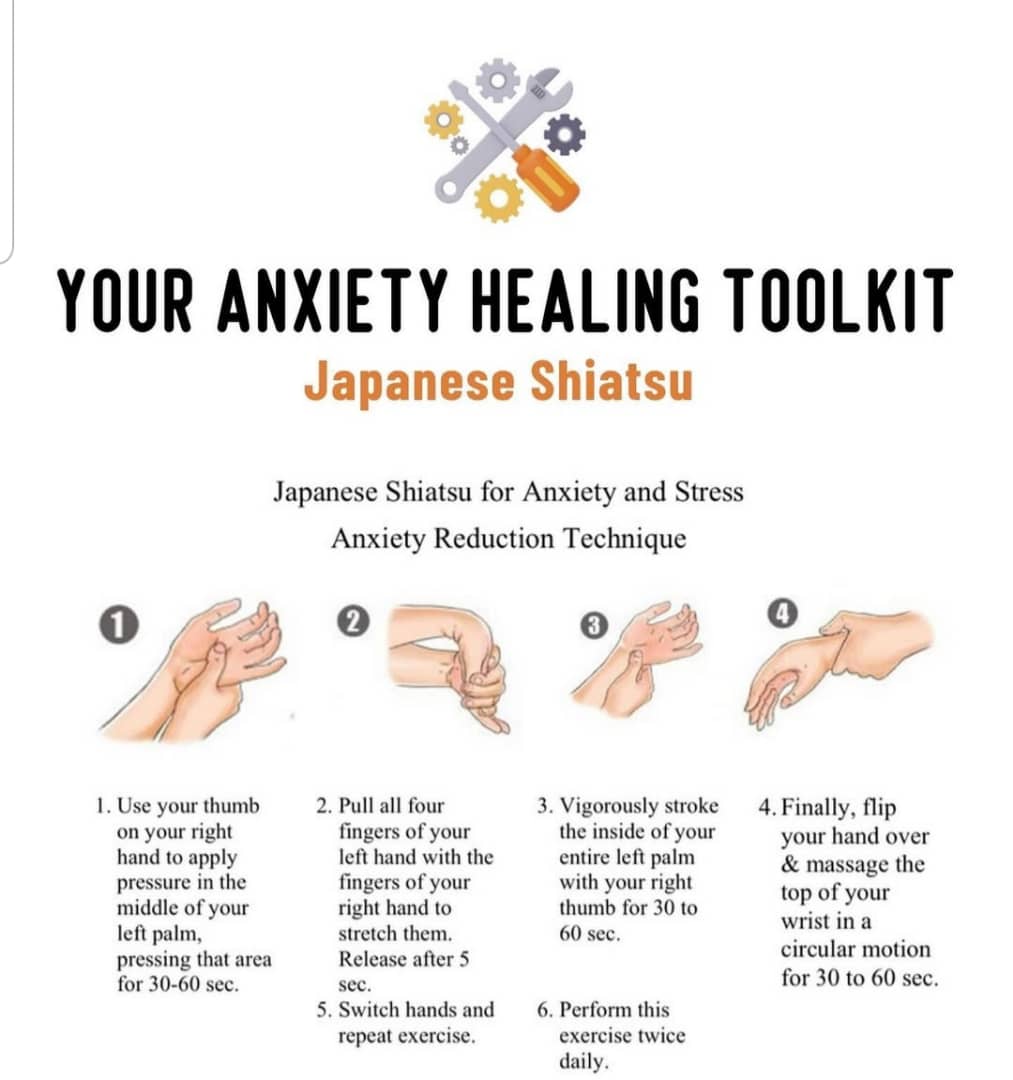How Food Impacts Our Health

During the middle ages, people held a strong idea about food. They believed that what they ate affected their mood for example if they were feeling down, they would search for dates or pears and if they were anxious the remedy was usually chicory or lettuce. However over the years we seem to have lost the idea that food can affect our brain. Today as a society we are so used to feeding our bodies that we seldom negate the brain. we connect what we eat with the shape of our stomach forgetting that the same diet feeds one of our biggest organs the brain.
Food alters our brain chemistry which shapes our thoughts and actions. You may have heard the saying you are what you eat. Decades of research now prove that your stomach and brain have a connection. This connection begins in the womb before your even born. The brain and the guy originate from the same cells in the embryo. As you grow older this connection only gets stronger that the gut is usually referred to as the second brain.
What you eat everyday is broken down into nutrients which are taken into the bloodstream and then carried to the brain. Once they reach upstairs they become the very fabric of your brain. This is very crucial since the brain works 24 hours a day. The brain needs a lot of fuel that even when we sleep the brain stays active. Our brain makes up 2% of our body weight but uses 20% of our energy. The brain is therefore the hungriest organ so what we feed it matters.
There are a couple of reasons to support this thesis one being the minds physical building force in the body. Our cells replace continuously as you probably learned in primary school. Majority of our brain cells stay with us for our entire lives so if you need high quality brain cells you ought to eat high quality food. Healthy food protects your body from a couple of things for instance cancer, diabetes, and heart disease. Healthy food also facilitates your brain which brings me to my second reason. A healthy diet can shield your brain from harm, reduce risks of stroke, slow brain aging, and boosts memory. It even reduces the risk of Alzheimer's a serious disease that affects Forty-six million people today. It is projected to affect over 130 million people by 2025.
For the longest time, this projection has seemed inevitable since Alzheimer's is said to be caused by bad genes and aging. Newer research however says that genes may load the gun but lifestyle pulls the trigger. One third of all Alzheimer's cases can be prevented if people eat a healthy diet. This means there are long and short- term benefits to a healthy diet.
Food can also affect your mood. This can happen if you don't eat something. For instance, if you have a vitamin B2 deficiency you are more prone to depression. It can also happen if you have too much of something. If you eat a lot of processed food and sugar it increases inflammation which is the root cause of stress and low mood.
In the world over, six out of 10 people eat junk food regularly while nine out of ten do not eat enough fruits and vegetables. The good thing is it is never too late to start as our brain has a fascinating quality of adopting anything it is repeatedly introduced to. Just as you learn a new language or skill, you can train your brain to prefer healthy food. This new information changes your thoughts, opinions, and actions so listen to your gut and start feeding your brain.
Japan's anxiety levels worrying

As the clock ticks down on another year, people all over the world tend to reflect on what works and what doesn't in their lives. In Japan an anxiety survey was held to see how everyone is doing and the result was a little concerning. Nearly 80% of the island nation is anxious-a huge figure that is hard to ignore. To put it into perspective that's almost 100 million people struggling with anxiety in a country whose total population is approximately 123.4 million. This means that nearly 4 out of 5 people are dealing with anxiety.
Sure the Japanese have a range of issues from a shortage of matcha to an excess of sushi but jokes aside why is Japan so anxious and how do they compare to other nations? When you think of Japan what comes to your mind? Is it Mount Fuji, cherry blossoms or maybe samurai swords, well what about anxiety? Japan recently held a government survey and it says that 78.2% of the people are anxious. The number has risen from 75.9% which was recorded in 2023. The Japanese increasingly feel that their standard of living is declining.
So what's driving this anxiety? For many Japanese, it's the overwhelming worry about their health. infact 64% of them cited health as major cause of anxiety, 63% fear retirement and are concerned about future income and savings. Further more, 64% reported to be unhappy with what they earn. This anxiety doesn't come as a surprise because Japan faces an array of issues. In February Japan unexpectedly slipped into a recession.The yen had been on a slippery slope for years but this summer it hit a record low and lately inflation has persisted in the country. It accelerated last month and prices rose by 2.7% which is above the 2% inflation target of the bank of Japan.
Companies offering goods and services that are in demand are able to transfer costs to product prices and see their sales grow even if they raise their prices to some level. On the other hand those struggling to pass on higher costs are being weeded out. The Japanese also face uncertain job prospects. All these factors have created the perfect storm of unhappiness. Infact the Japanese are so unhappy that they don't want to too long. Recently a survey was conducted across six countries, Japan, United States, China, South Korea, German and Finland. People were asked about longevity and if they wanted to live to be 100 and this is what the survey found. Japan had the most number of people who were unhappy with the idea. Only 21% of the general population would be happy to reach the age of 100 and just 27% want to live to be 100. compare that to 52% of Germans, 53% of south Koreans, 58% of Fins,65% of Chinese and 66% of Americans. Happiness in Japan is witnessing a downward trend. The economy plays a role but their cultural reasons as well.
They have a highly competitive education and long working hours that they even have a word for death by overwork. Hilarious right? The word is Karoshi. Japan also has a falling birth rate and marriage rate that this year their population fell for the 15th consecutive year hitting a record low. Japans story serves as a reminder that even in prosperous societies there can be underlying struggles, but with awareness, effort and a willingness to change, there is hope for a happier and brighter future.
Mysterious "Dinga Dinga" Illness Emerges in Uganda

A puzzling illness has surfaced in Uganda, characterized by uncontrollable body tremors. Since the first recorded case in 2023, "Dinga Dinga" which roughly translates to "shaking like dancing" has predominantly affected females.
Symptoms include:
- -Fever
- - Excessive body shaking
- - Severe body tremors
- - Extreme weakness
- -Severe paralysis, hindering mobility
With approximately 300 documented cases confined to Bundibugyo District, health authorities and locals are increasingly concerned. Fortunately, no fatalities have occurred, and antibiotics have led to recovery within a week. Experts have drawn comparisons to the 1518 "Dancing Plague" in France, but key differences suggest that Dinga Dinga is a distinct phenomenon. While the exact cause remains unknown, researchers continue to investigate this enigmatic illness.








